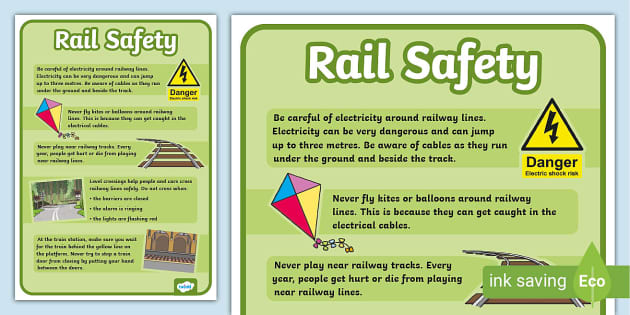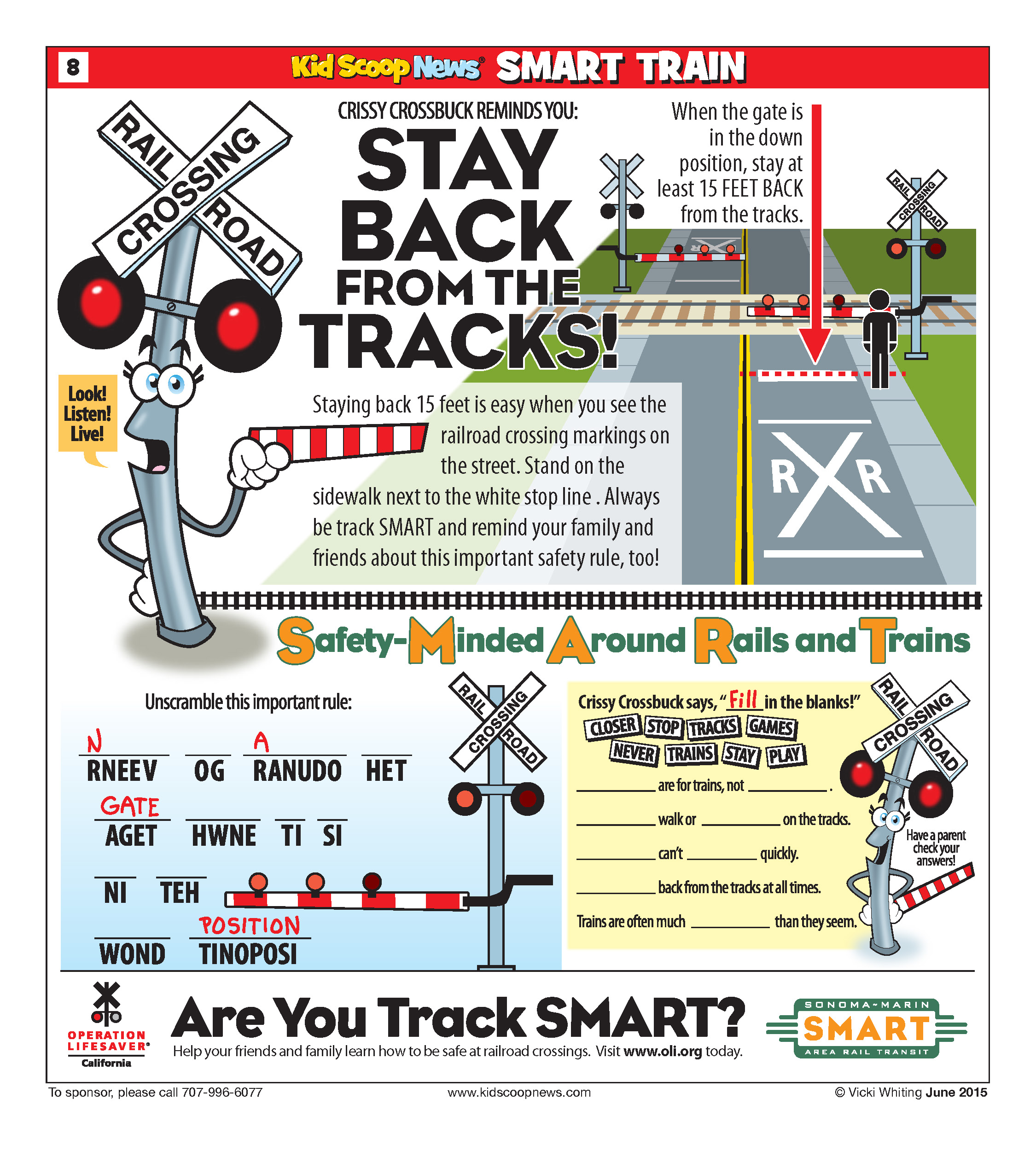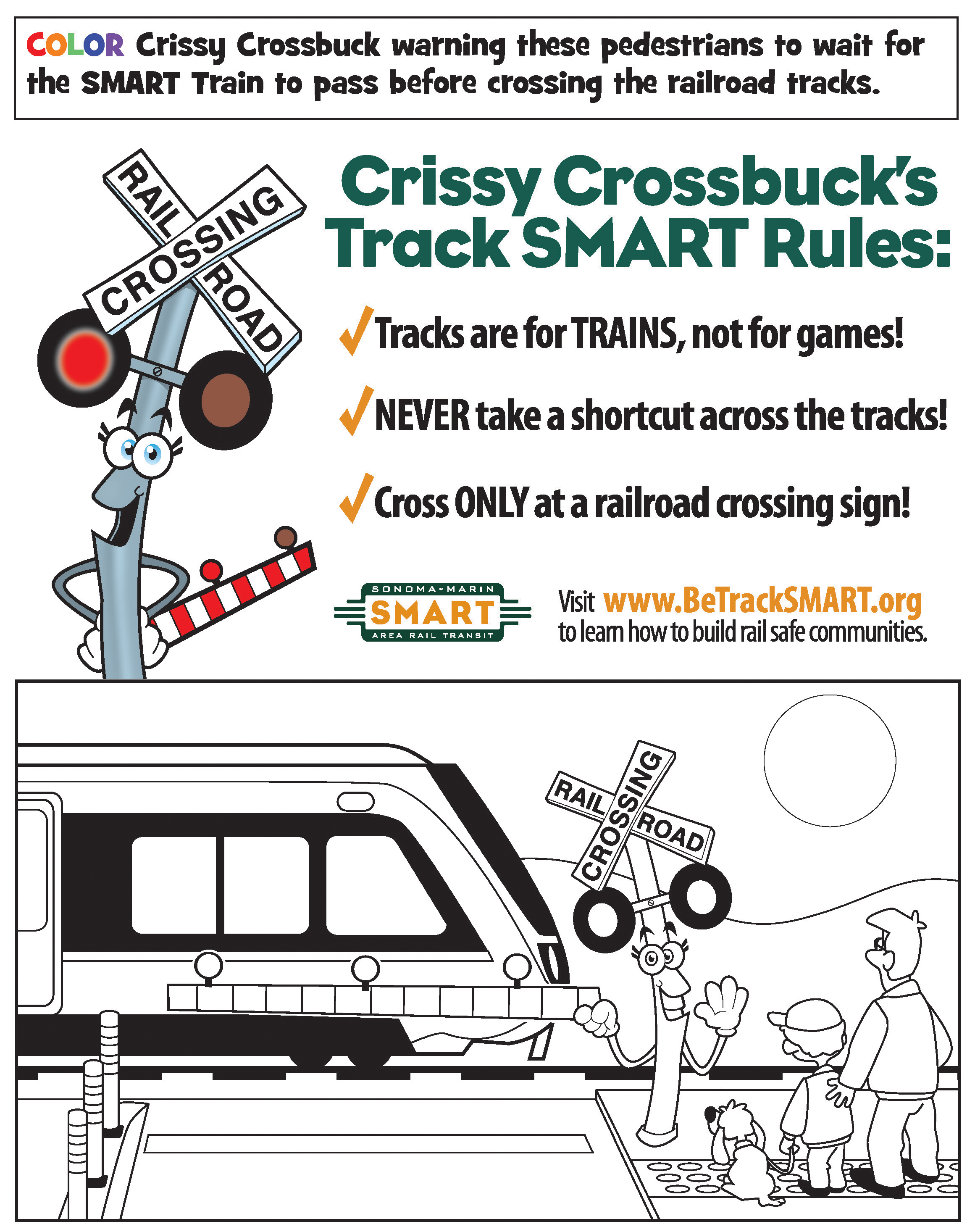Riding the Rails: My Take on Online Resources for Teaching Train and Railway Safety in English
Why I dove into railway safety education
I've been teaching train station safety since 2025. 🚂
I needed fresh educator resources for level crossing awareness.
The Canadian rail network looms large in my backyard.
Kids kept asking "Why can't I cross there?" so I dove in.

My messy experiments with train safety videos and worksheets
I started with free train safety videos on YouTube.
Then I dug up children's safety worksheets.
Next came school lesson plans from Transport Canada.
I swear, some PDFs looked like they were made in 1998. 📄
Comparing top platforms for accident prevention
I tested five resources side by side. Here's a quick table:
| Resource | Format | Best For | Cost |
|---|---|---|---|
| CP Rail Kids Zone | Interactive website | Ages 5–10 | Free |
| Transport Canada Learning Portal | PDF lesson plans | Grades 4–8 | Free |
| LevelCrossingAwareness.org | Videos + quizzes | Teens & families | Freemium |
| National Safety Council (NSC) | Children's worksheets | Classrooms & libraries | Paid (USD) |
| YouTube: "TrainSafe Playlists" | Train safety videos | All ages | Free |

A deeper look at each resource
CP Rail Kids Zone
I loved the animations here.
It covers railway safety education with fun games.
But some quizzes felt too kiddie for older students.
Transport Canada Learning Portal
Their school lesson plans rock.
They map directly to Canadian curricula.
PDFs load slow on old laptops though.
LevelCrossingAwareness.org
Focuses on level crossing awareness.
I used their VR demo in class.
Teens got really into it. 🎮
NSC Children's Safety Worksheets
Colorful and printable.
Covers train station safety in detail.
License fee was small for bulk prints.
YouTube: "TrainSafe Playlists"
I compiled 10 videos on accident prevention.
Kids devour real-life footage of track inspections.
Sometimes content drags without a guide.

Hands-on safety activities & school lesson plans
I mixed digital with physical.
Here's what worked:
- Track Tape Game: Lay colored tape for unsafe vs. safe zones.
- Crossing Role-play: Students act out level crossing scenarios.
- Signal Flag Art: Craft signals and explain meanings.
- Quiz Kahoot: Quick live quizzes on train station safety.
- Field Trip: Mini-excursion to a local station (with permission).
What real teachers say
On r/teaching, someone said, "My Grade 6s begged to do a mock level crossing after watching a video."
A parent comment thread at CP Rail's site read, "Thanks for these worksheets-my kid stayed away from the tracks for hours!"
Expert insights
"Hands-on safety activities increase retention by 40%," says Dr. Jane Thompson, School of Education, University of Toronto (2024 study) [1].
The World Health Organization highlights that child injury prevention must be interactive and consistent (WHO Child Injury Prevention Fact Sheet, as of 2025) [2].

FAQ: Busting myths about train safety education
Q: Are cartoons enough for railway safety education?
A: Not alone. Cartoons hook them. Reality-based activities seal the deal. (Apr 2025 / Transport Canada)
Q: Do I need special permits for field trips near tracks?
A: Yes. Always clear with local rail operators. It's about real safety, not thrills. (May 2025)
Q: Can level crossing awareness be taught online only?
A: You can start online. But hands-on crossing demos save lives. (Mar 2025)
Q: Are educator resources from NGOs reliable?
A: Many are vetted by experts. Check date and affiliation. (2025 / NSC review)
Q: Will these materials work outside Canada?
A: The principles hold. But adapt for local signage and rules. (2025 / GlobalRailSafety.org)
Myth vs. Reality list
-
Myth: Kids won't remember safety rules.
Reality: Repetition and role-play make it stick. -
Myth: Videos alone prevent accidents.
Reality: Videos need follow-up quizzes or activities. -
Myth: Station safety is common sense.
Reality: Inexperience and peer pressure cause errors.
Wrapping up on accident prevention
It worked for me. My classes now stop at safe lines. I still mess up my own crossings sometimes. Maybe you will too. That's cool. Keep iterating. Share what bites and what soars. 👍
We are a new, independent team of enthusiasts with no affiliation to any previous owners of this domain.
[1] Thompson, J. (2024). Interactive Learning in Safety Education. Journal of Canadian Education.
[2] WHO. (2025). Child Injury Prevention Fact Sheet. World Health Organization.